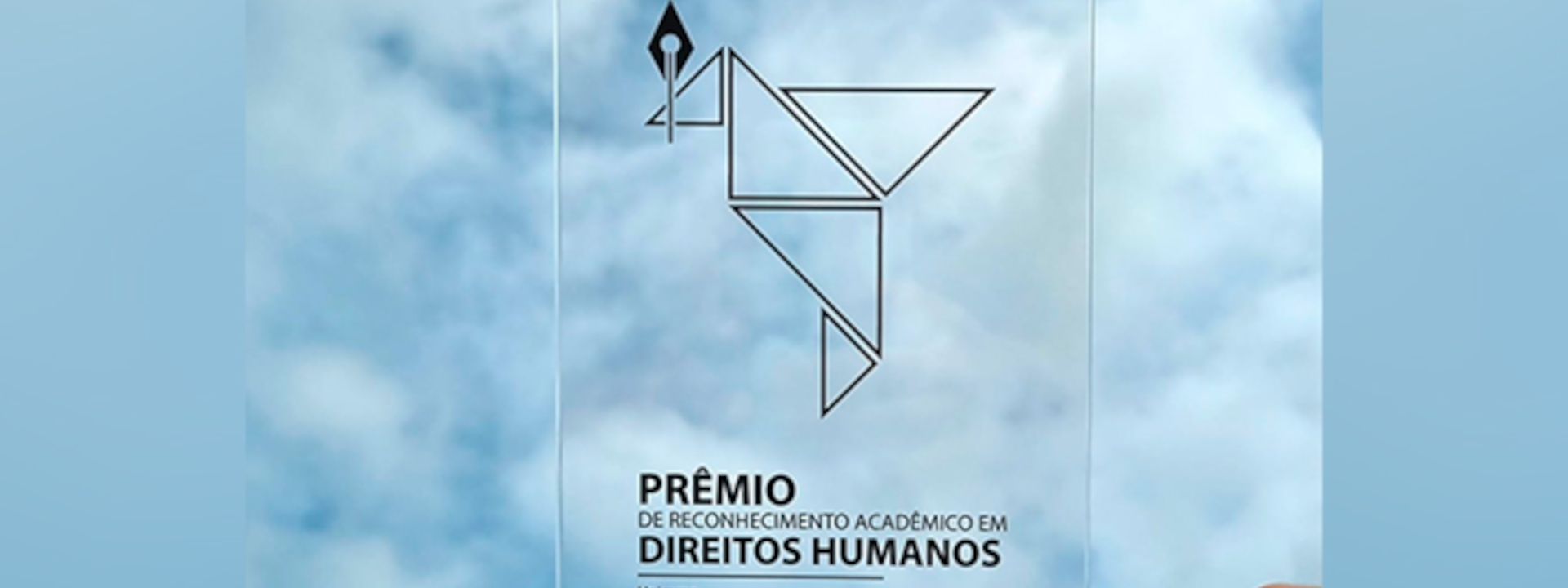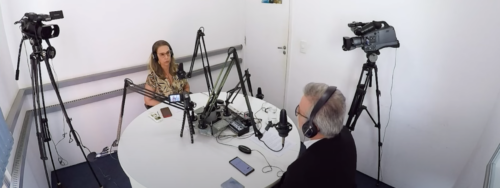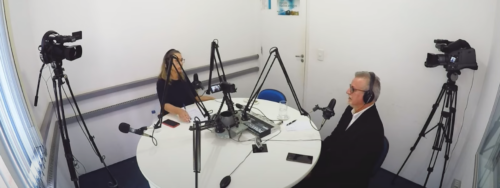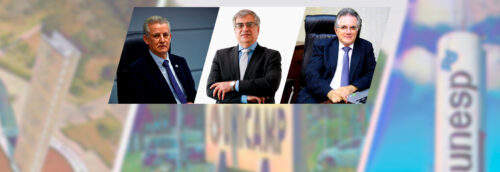What would happen if research with the greatest academic impact adopted a rigorous commitment to defending a dignified life for present and future generations? What would life be like if techniques, technologies and knowledge were always compatible with mutual respect, shared responsibility and overcoming inequalities?
Probably, many immediately remembered the potential of applied research, such as those that allowed the development of effective vaccines against covid-19 at unprecedented speed, in the face of the also unprecedented pandemic that affected us all. Others may have remembered so many studies that look to biodiversity, agroecology or renewable energies for new answers to improve our relationship with the planet without compromising its existence.
The list of research committed to life can be long, covering areas such as biochemistry, molecular biology, public, environmental and occupational health. It can also reach other areas of applied research, such as engineering, architecture and demography, for example, with fundamental data for public policies. Or it could be in so-called basic research, such as physics and space science, with their blunt environmental monitoring.
All align, in an innovative and fundamental way, science and human rights, understood in their most current and profound meaning, taking human existence as something inseparable from all other existences on the planet.
If we were to ask about current research related to human rights, it is possible that the list would point to areas such as law, anthropology, philosophy, education, remembering their historical links with studies on individual rights and on respect for different ways of living. life in societies. The list would be correct, no doubt. But incomplete as it does not contemplate the multiplicity of areas of knowledge capable of bringing science and human rights, research and dignified life, arts and recognition of the importance of the other.
Still, human rights also point to contact with the arts, the enchantment of spirits, self-care, or self-cultivation, in the sense of the formation of rights and recognition of the rights of the other and in the constitution of communities.
Among so many studies with this profile developed in the State of São Paulo, the one by Marcelo WB Furlan Alves, Ph.D. in production engineering from Unesp/Bauru (Paulista State University), has recently achieved recognition. The researcher sought to understand and quantify the dual relationship between human development and practices for adapting to and mitigating climate change to build a global index of climate justice. Through structural equation modeling and data envelopment analysis, he created a “new HDI [Human Development Index]”: a Climate Justice Index.
This research was awarded in the first edition of the “Unicamp-Vladimir Herzog Institute Human Rights Academic Recognition Award”, now in its third edition. The award includes academic research carried out in public research institutions in the State of São Paulo in all areas of knowledge that contribute to the protection and defense of the right to life, to human dignity and social justice and that are an example of defense of freedom and responsibility of science in the betterment of mankind.
It is not new that the State of São Paulo accounts for most of the academic production in the country. It is also known that institutions in the State have the best research and development structures in Latin America. In a country where 90% of research is carried out in public institutions, the most productive and most impactful are in São Paulo. Given this, the transforming potential sought by the Prize is enormous and gains even more value in the current context.
The partnership between Unicamp and the Vladimir Herzog Institute, an organization with a decisive role in the defense of democracy, human rights and freedom of expression, expects nothing less from a science of impact than this: that it effectively promotes the dignity of life in all its forms of existence.
This is a gradual process, but with a clear direction: a dignified life.
Antonio José de Almeida Meirelles is the rector of Unicamp.
Josianne Cerasoli is president of the organizing committee of the III PRADH.
Hamilton Harley is the executive coordinator of Human Rights Education at the Vladimir Herzog Institute.



